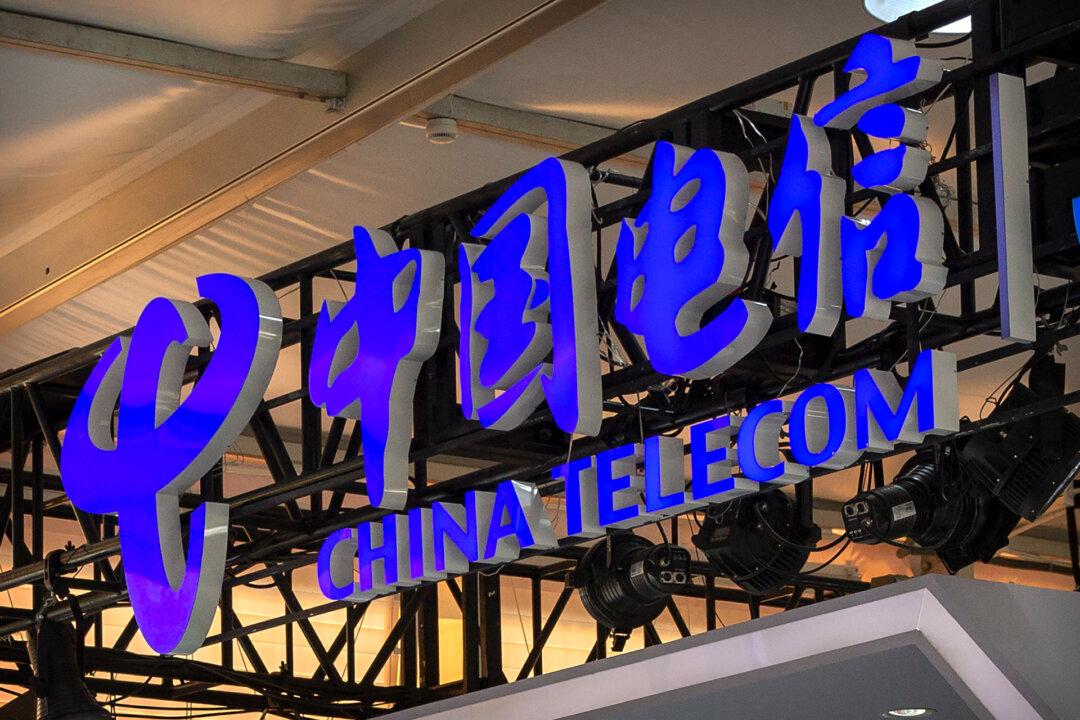News Analysis
China Telecom’s conflict with American regulators illustrates the need for tougher laws against companies linked to China’s military and intelligence industries.

China Telecom’s conflict with American regulators illustrates the need for tougher laws against companies linked to China’s military and intelligence industries.